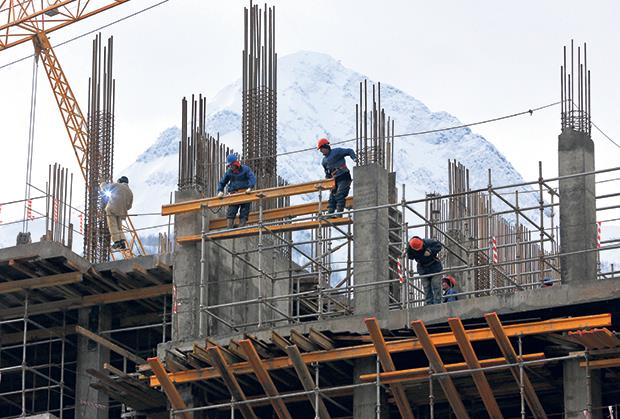Checking the legality of a house is a crucial step when buying real estate. A legalized house has a building and usage permit or a legalization decision. Illegal properties lack necessary permits and are not registered in the cadastre, which carries risks such as inability to obtain loans and problems during resale. The safest way to check is to review cadastre data and local government documentation. Legalization provides legal security, higher market value, and the possibility of reconstruction. The legalization process involves submitting an application, providing documentation, paying fees, and registering in the cadastre. It is important to thoroughly read the law and consult experts due to the complexity of the process.
Political Perspectives:
Left: Left-leaning sources emphasize the importance of legalizing houses to protect the rights of homeowners and ensure social justice. They highlight the risks illegal housing poses to vulnerable populations and advocate for accessible legalization processes and government support to help low-income families legalize their homes.
Center: Center-leaning sources focus on the practical and legal aspects of house legalization, providing clear information on how to verify the legal status of a property and the steps involved in the legalization process. They stress the importance of legal security, market value, and compliance with regulations for all property owners.
Right: Right-leaning sources emphasize the rule of law and property rights, underscoring the necessity of strict adherence to building regulations and legal procedures. They highlight the risks illegal construction poses to the real estate market and advocate for strict enforcement and penalties for non-compliance to maintain order and protect legitimate property owners.













